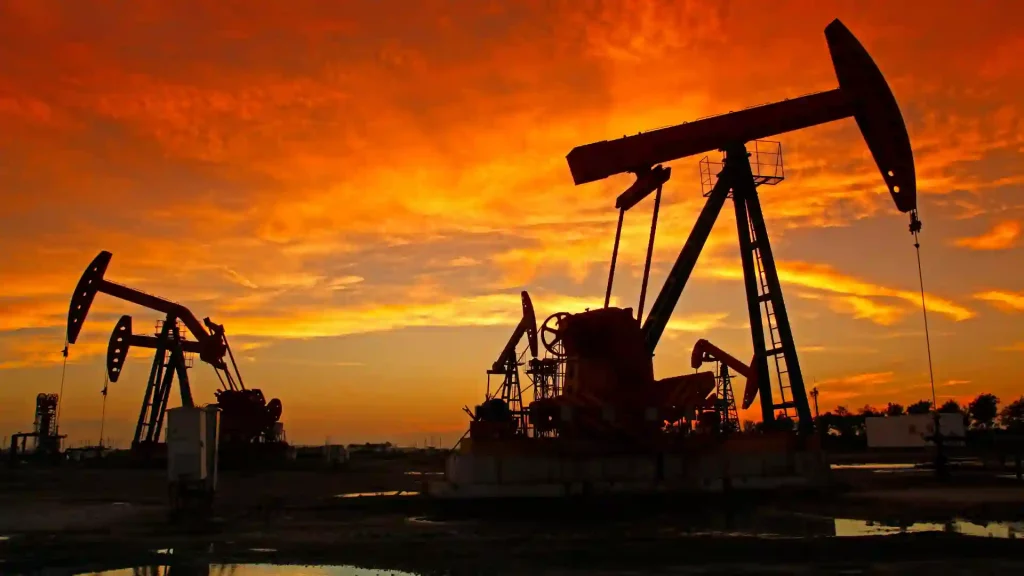The Organization of Petroleum Exporting Countries (OPEC) and allies including Russia, together called OPEC+ on Sunday agreed to comply with their plans in October to cut output by 2 million barrels per day.
Oil prices increased 2% on Monday as more Chinese cities began to ease the Covid restrictions and anti-Covid measures. OPEC+ nations have held the output targets stable in advance of a European Union ban and a price cap hitting on Russian crude oil. The fuel demand could increase as more Chinese cities including Beijing and Shanghai ease their restrictions over the weekends, spurring up hopes for a full reopening.
The Organization of Petroleum Exporting Countries (OPEC) including Russia, together called OPEC+ on Sunday stated that it would confine current production levels. This could mean that the oil producers are uncertain about the course of crude prices with a price cap on Russia’s petroleum exports, according to WSJ reports.
The decision would allow OPEC+ to take more time to assess market impacts and is also intended to reduce Russia’s revenue for the Ukraine war. Brent crude futures last increased 72 cents, or 0.8%, reaching $86.29 a barrel at 0430 GMT, and U.S. West Texas Intermediate (WTI) crude futures grew 70 cents, or 0.9%, to $80.68 a barrel. OPEC+ on Sunday also agreed to stick to their plan to cut output by 2 million barrels per day starting from November and carrying on throughout 2023.
Experts estimate that the OPEC decision was anticipated as the major producers expect to see the effects of the EU import ban and G7 $60 barrel price cap on Russian oil along with Russia’s threats to cut supply to many countries owing to the price cap.
Oil, Russia, and the Price Cap
The Group of Seven (G7) nations and 27 European Countries imposed a ban on Russian crude oil in an attempt to reduce Moscow’s ability to fund the war against Ukraine and maintain stability in the global market. The price cap comes on top of an EU ban on buying seaborne Russian crude oil as a measure aimed mainly at providing third-party countries with an option to still buy it if the deal is at or below the price cap level. The cap was set for $60 per barrel.
The price cap enters into force on December 5 with a 45-day transition period. The oil traders and government energy officials are uncertain about how the current decisions will affect the market. Chinese President Xi Jinping is expected to reach Saudi Arabia on Thursday to hold discussions between the world’s largest oil importer and the world’s largest oil exporter.
The European Union will need to replace crude oil from Russia with oil supply from the Middle East, the United States, and West Africa. Saudi Arabia is expected to announce its prices for customers in Europe, the U.S., and Asia, which will be closely watched for signs of Saudi Arabia’s own view of the market. Experts also point out the potential for interruptions of Russian oil estimated at 1 million barrels a day due to price caps.
While all this is happening, Russian officials on Sunday emphasized that they won’t trade oil with nations that impose the price cap. The countries that Russia currently sells to have not signed up for the cap, but the United States and other allies expect that they will use it as an influence to have discounts.
Wood Mackenzie, Vice President Ann-Louise Hittle stated that the European Union will need to replace Russian crude with oil from West Africa, the Middle East, and the United States, which should put a base under oil prices t in the near term. He also added that the prices are currently pressed down by slow demand growth. China’s restrictions as Covid cases increased did have an impact on demand, which seems to be easing now.
